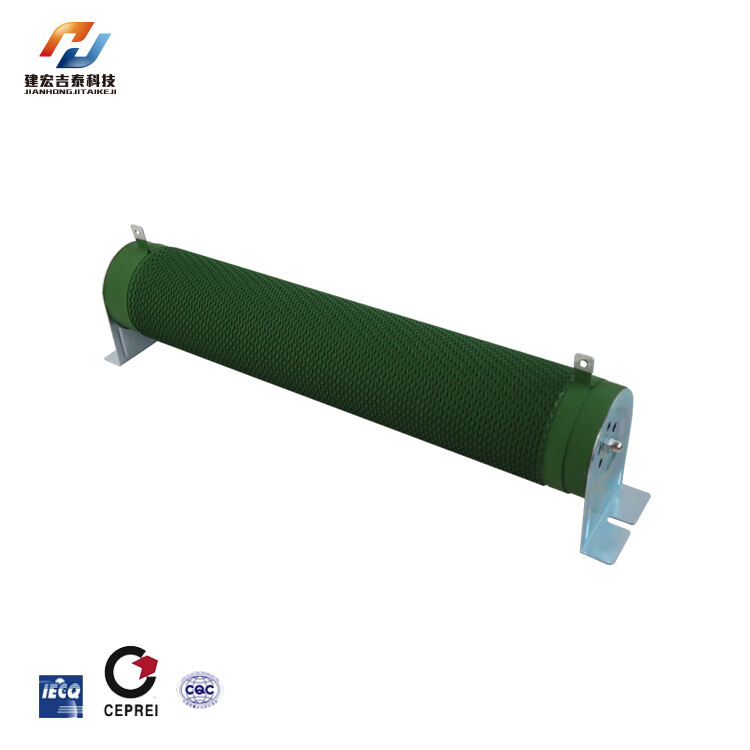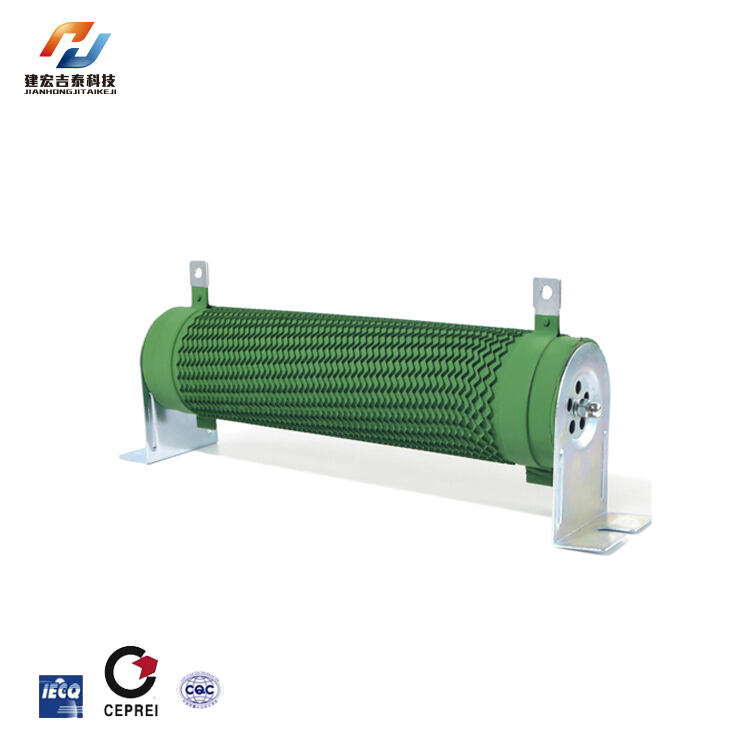A Broad Analysis of Aluminum as a Resistor
The importance of resistance materials in the field of electrical engineering and material science cannot be overemphasized. The resistivity, or the tendency to resist an electric current’s flow, is considered as one factor for suitability of a material as a resistor. In our everyday lives, aluminum is an important metal because it is light and highly conductive; for instance, there are beverage cans and aircraft structures made from it. However, does aluminum make a good resistor? This also requires us to understand some physical properties associated with this metal in comparison with what we commonly expect from resistors.
The Basics of Resistivity:
It can be referred to as the intrinsic property that quantifies how hard it is for a substance to allow electricity pass through it. Some materials like carbon or certain alloys have relatively high electrical resistance and hence preferred for use as resistors. On the other hand, metals have low resistivities and thus they conduct electricity better which makes them poor candidates for resistors.
Aluminum's Electrical Properties:
This fact makes aluminum so popular among electricians who use it for wiring buildings and power transmission lines since its low-resistivity (about 2.82×10^-8 Ω·m at 20°C) indicates that this metal has optimal electrical conductivity . As such it naturally satisfies one condition which should be met by wires used in any electrical circuitry: minimum energy loss due to heat produced by conductor resistance.
Why Aluminum Isn't a Good Resistor:
Thus, considering its own low-inherent-resistivity aluminum cannot efficiently work as a resistor. A resistor element must create intentional impediment on current conduction converting electrical power into heat. Its conductivity being high means that under normal circumstances current can easily flow through without any major restrictions hence not much thermal energy will ever get dissipated in it when it’s attached across voltage sources erroneously. This is not what a resistor should be about.
Alternative Materials for Resistors:
Their resistivities are significantly higher than that of aluminum and this makes them preferred materials for use in resistors. For instance, carbon composition, metal oxide and some alloys serve as their examples [18]. In the case when these materials have been properly formulated and designed, they can provide a broad range of resistance values which facilitate an exact control over current flow and voltage division in electrical circuits.
Conclusion:
For instance, aluminum being highly conductive with low resistivity cannot make high quality resistor material . Its strongest point however is transmission of electricity at low energy loss making it ideal for wiring or any other conductor-type application. On the other hand, higher-resistivity-materials such as carbon composition types and metal oxides are more applicable in the manufacturing of resistors which need to intentionally slow down electric current flow while ensuring that it is only passed through by those electrons that can reasonably deliver their energy without getting hot. Thus, the answer to “Is aluminum a good resistor?” question will be negative because one has to take into account many aspects before choosing suitable materials for any particular electrical application.
Recommended Products
Hot News
-
What Are The Functions Of The Ac Load Box For Power Supply Detection And Maintenance
2024-01-11
-
The Use Characteristics And Methods Of The Load Bank Of The Generator Set
2024-01-11
-
The function of the load bank
2024-01-09
-
Explore The Types And Characteristics Of Resistors: Fixed And Variable Resistors
2024-01-09
-
How Resistors Work And Their Applications In Circuits
2024-01-09
-
Load Banks: Ensuring Optimal Performance in Power Testing Environments
2024-10-21
-
Exploring the Advantages of Wirewound Resistors for Precision Applications
2024-10-14
-
Understanding the Benefits of Aluminum Resistors in High-Performance Applications
2024-10-08

 EN
EN
 AR
AR
 BG
BG
 HR
HR
 CS
CS
 DA
DA
 NL
NL
 FI
FI
 FR
FR
 DE
DE
 EL
EL
 IT
IT
 JA
JA
 KO
KO
 NO
NO
 PL
PL
 PT
PT
 RO
RO
 RU
RU
 ES
ES
 SV
SV
 TL
TL
 ID
ID
 LT
LT
 SR
SR
 SK
SK
 UK
UK
 VI
VI
 HU
HU
 TH
TH
 TR
TR
 AF
AF
 MS
MS
 GA
GA
 BN
BN
 LO
LO
 LA
LA
 NE
NE
 MY
MY
 UZ
UZ













